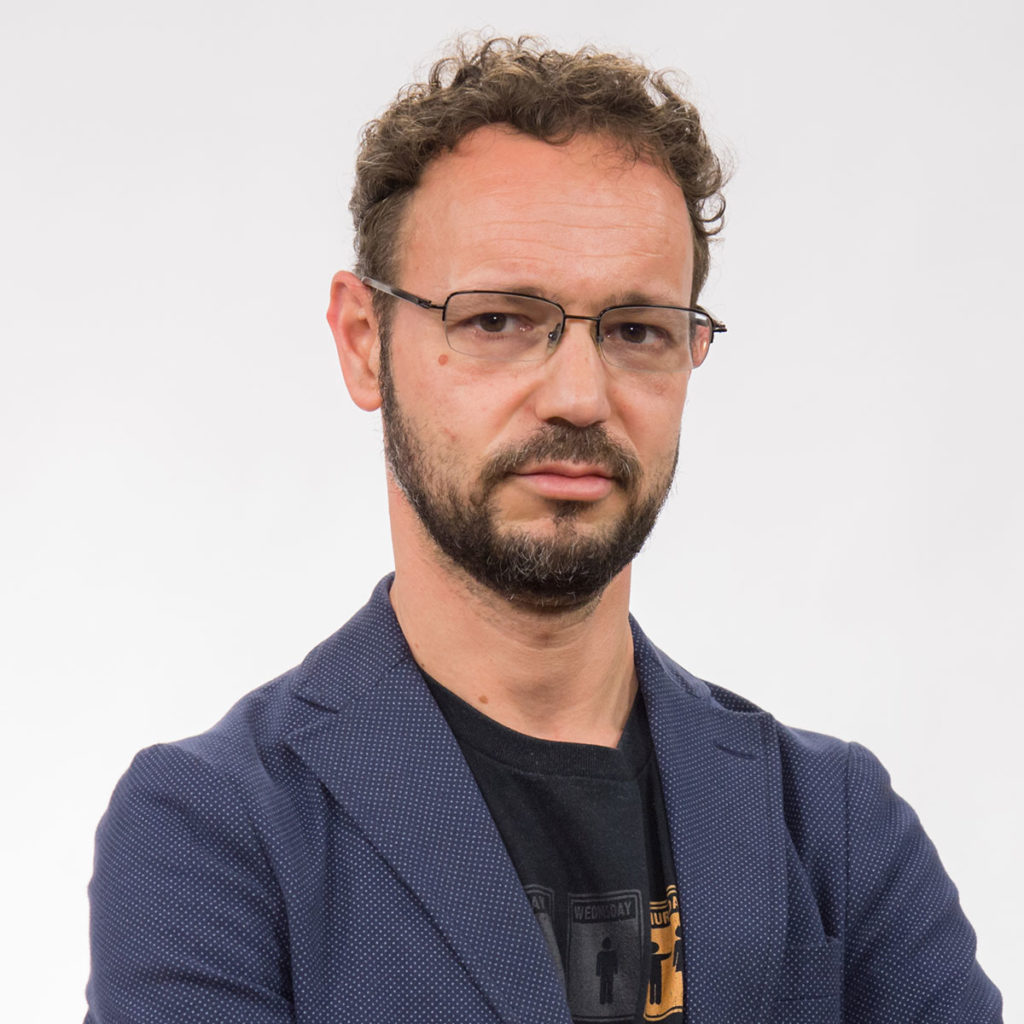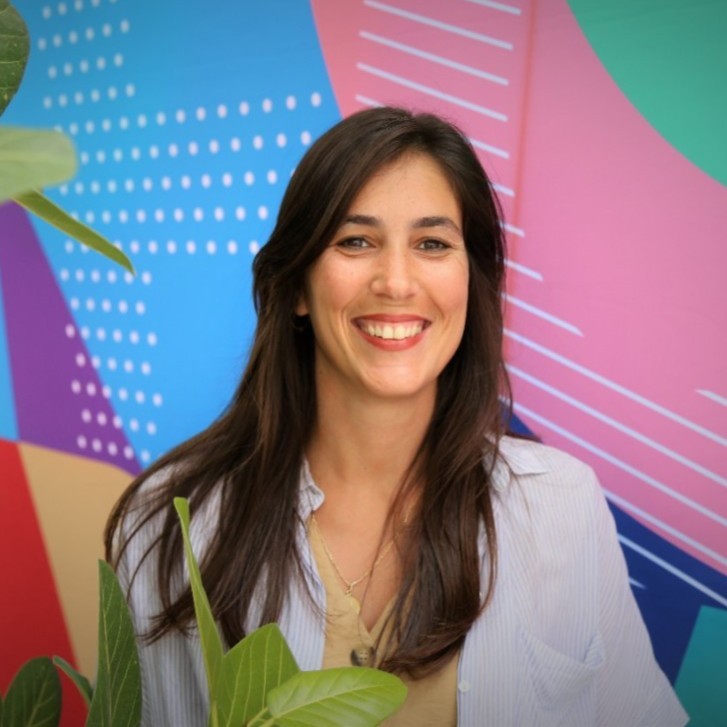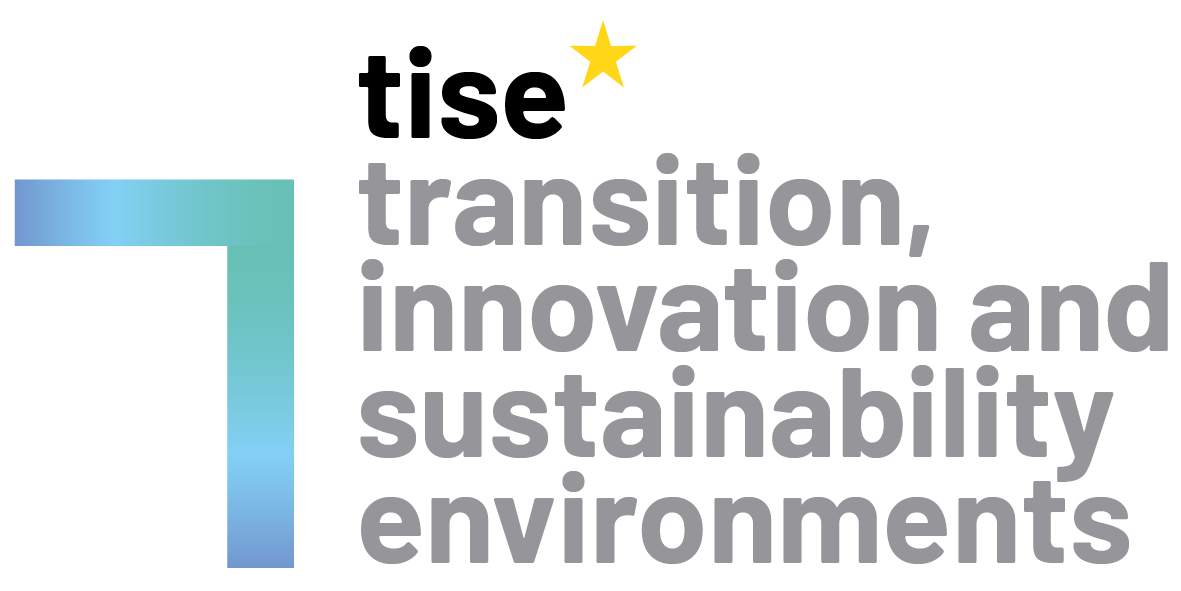
1. Semester @ NOVA, Portugal
Who are the contact persons at NOVA University?

Jorge Martins Rosa is one of the academic directors of TISE. As one of your contact persons at NOVA he takes care of the organisation of the Program on site. He is an associate professor in the Communication Sciences Department of NOVA FCSH, where he teaches, at the post-graduate level, the courses «Cyberculture» and «Pop Culture» (Master), and «History and Trends of Digital Media» (PhD).
dedalus.jmmr@gmail.com | jmr@fcsh.unl.pt | http://dedalusjmmr.net
Departamento de Ciências da Comunicação
Gabinete B507 Faculdade de Ciências Sociais e Humanas
NOVA FCSH Av. de Berna, 26 C, 1069-061
Lisboa | Portugal
Tel: +351 21 790 83 00 | Ext.: 1538
www.fcsh.unl.pt

Ms. Graça Leite Santos is a member of the TISE Secretariat and responsible for administrative support of the Program at NOVA University. For all inquiries (e.g., regarding visa, accommodation, bank accounts, registration) please do not hesitate to contact Ms. Santos.
Gabinete de Apoio à Internacionalização e Relações Externas
Internationalization and External Relations
Faculdade de Ciências Sociais e Humanas – NOVA FCSH
Av. de Berna, 26 C, 1069-061 Lisboa | Portugal
Tel: + 351 217 908 300 | Gabinete: 725
E-mail: erasmusmundus@fcsh.unl.pt
Web: www.fcsh.unl.pt
For additional Information visit NOVA’s Website:
https://www.fcsh.unl.pt/en/courses/transition-innovation-and-sustainability-environments-tise/
What are the requirements to get a student visa in Portugal?
Students coming from countries outside the EU, EEA, and Switzerland are required to ask for a Student Visa (longer than three months and up to one year) or a Residence Permit (for stays longer than one year).
- Step 1: Request the Visa/Residence Permit
Schedule an appointment at the Portuguese embassy or consulate in your home country as soon as you receive the Acceptance Letter.
- Step 2: Documents:
These are the main documents requested for the visa application:
• Valid passport
• Copy of the Residence Permit issued by other Member State of his/her residence, valid for the totality of the period of stay
• Health Insurance of evidence in which you are covered by the National Health Service
• Evidence of the means of subsistence
• Evidence of having been admitted in a higher education institution under an EU mobility programme or an agreement with the higher education institution of origin
• Evidence of tuition payment, if applicable. Depending on your nationality, duration of stay and type of service you are applying for, additional documents may be required.
The detailed information of how to get/renew a Portuguese visa can be found here:
NIF Number
The NIF (Portuguese Tax Identification Number) is a fundamental personal identification element for acts related to the opening of bank accounts, acquisition of goods or services, contracts, among others. In order to get a NIF number students will have to request it at a Serviços das Finanças desk (Financial Services) or a Loja do Cidadão (Citizen’s Store), there are several throughout the city. Students who need to open a Portuguese bank account should go to one of these public services, as soon as they arrive in Lisbon, and make their request, this is free of charge. They must take their ID/Passport with them and the proof of their current residence here in Portugal.
Where can students find an accommodation?
Here are some links that will help you finding the right accommodation:
- Study in Lisbon: http://www.studyinlisbon.pt/en/alojamento/
- Collegiate: https://www.collegiate-ac.pt/en/
- Student accomodation lisbon: https://www.collegiate-ac.pt/en/student%20accommodation/lisbon/ (use the promocode:NOVA FCSH)
- Uniplaces: https://www.uniplaces.com/d/lisbon/accommodation-near-nova-fcsh (use the promocode: NOVAFCSH10)
- My Home in the City – *Campo Pequeno*: https://www.myhomeinthecity.pt/en-gb/home
- SPRU – Downtown: https://www.spru.pt/
- UHub – *Benfica*: https://uhub.eu/en/building/benfica-lisbon/
What modules are taught at NOVA University?
At NOVA University the focus is on Socio Cultural Studies in particular on the impact of technology and transition on society, culture and the individual (“Culture and Transition“). During this period, students also are familiarized with a solid approach in social studies of science and innovation studies, sources and indicators, and thus providing the essential tools for an integrated approach to the social impact of science and innovation.
The following courses will be offered during the first semester in Lisbon:
- Cyberculture
- Cyberspace, Media and Interaction
- Elective Courses (1 to choose):
3.1. Science, Innovation and Social Impact
3.2.Introduction to Digital Methods

